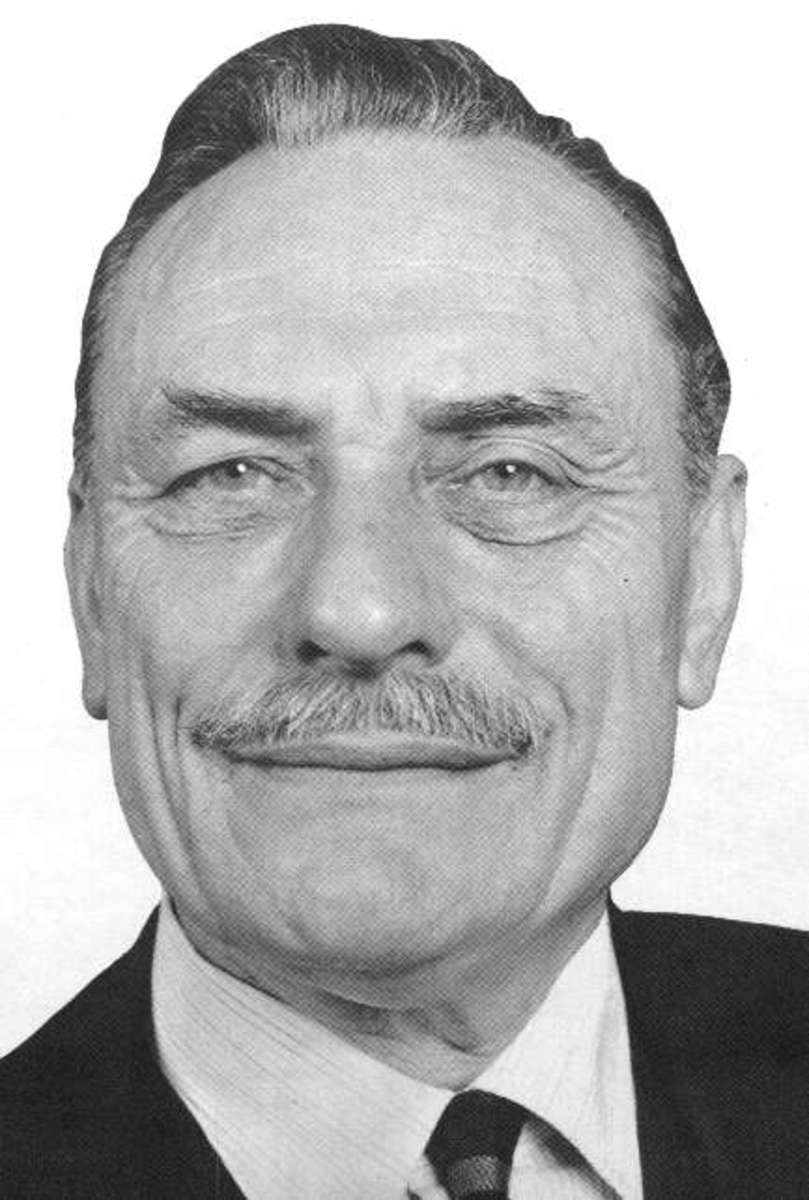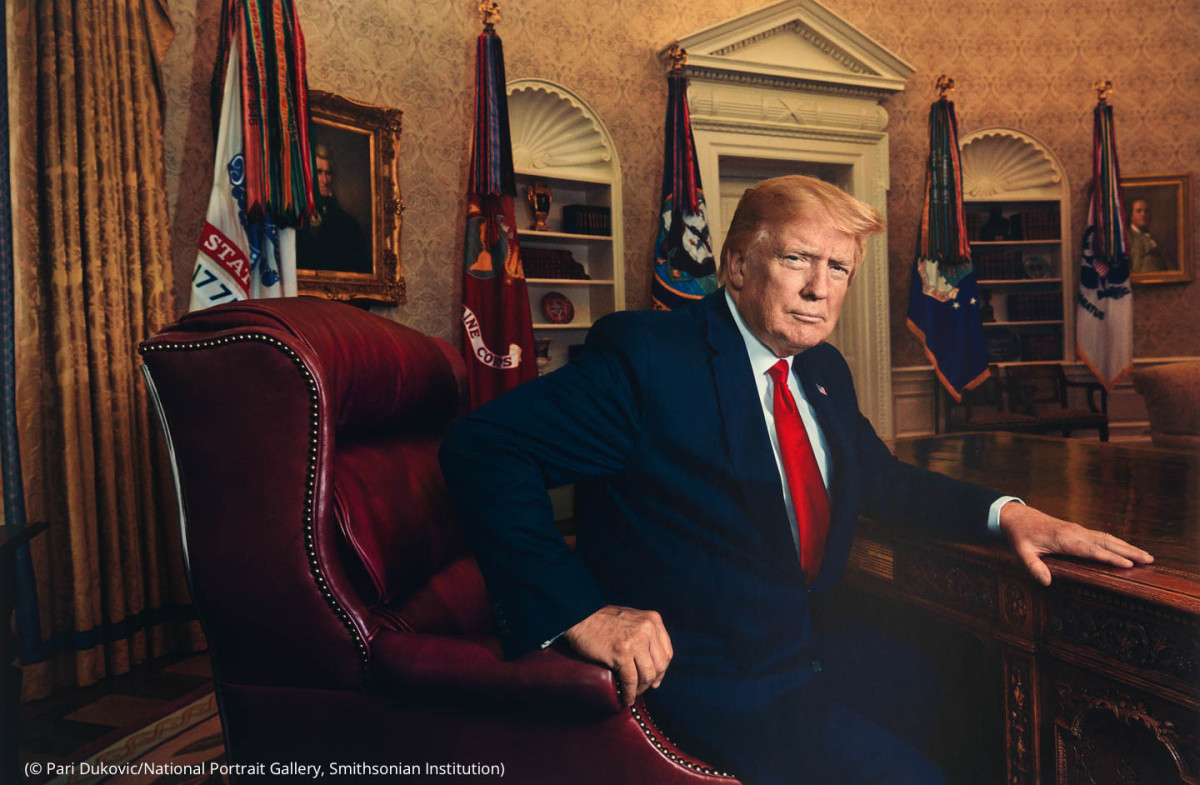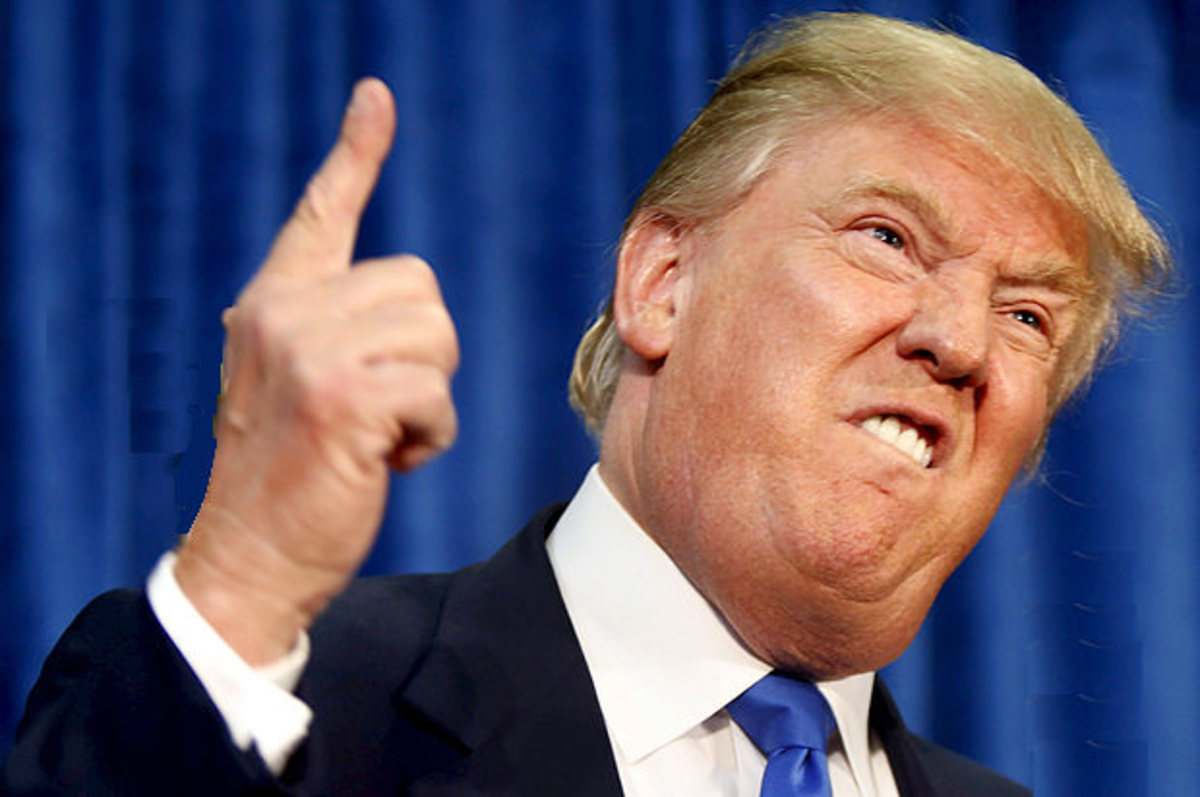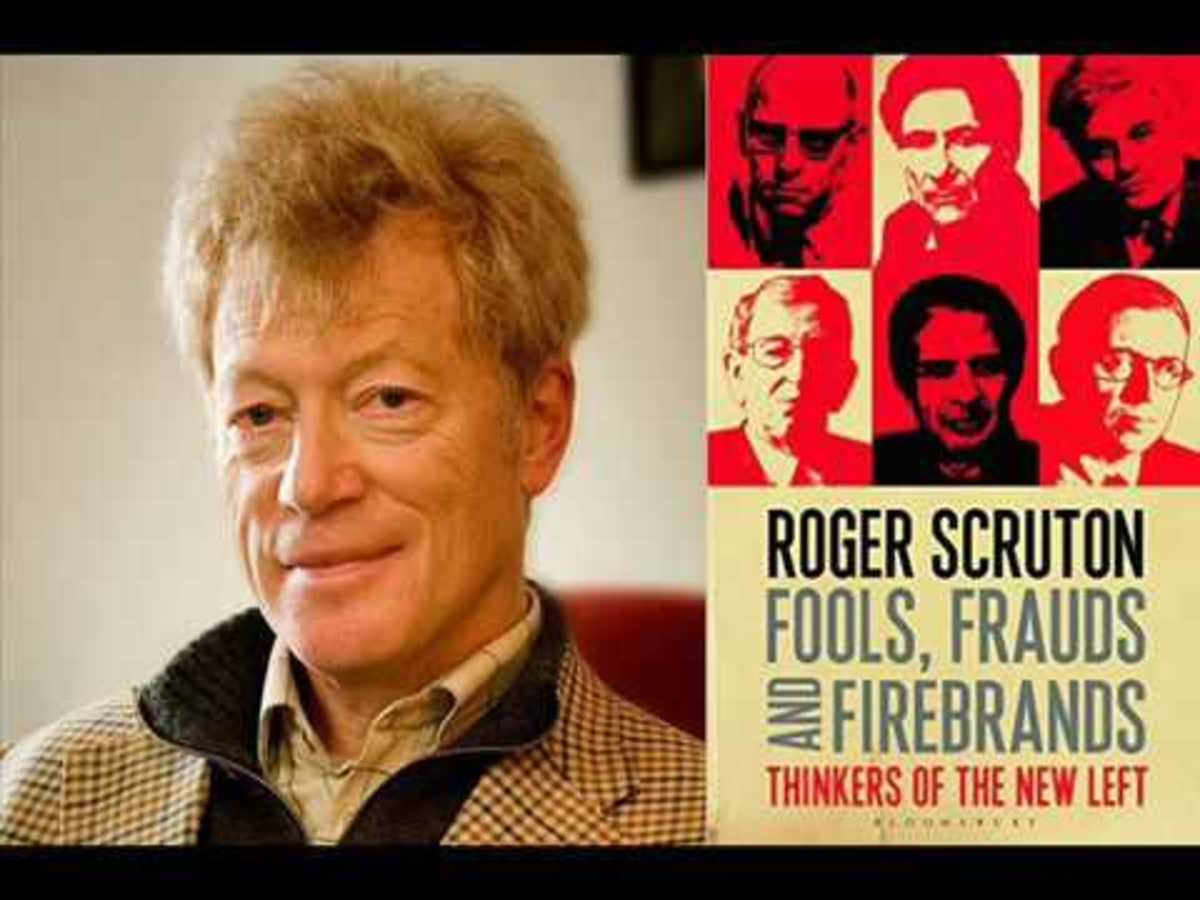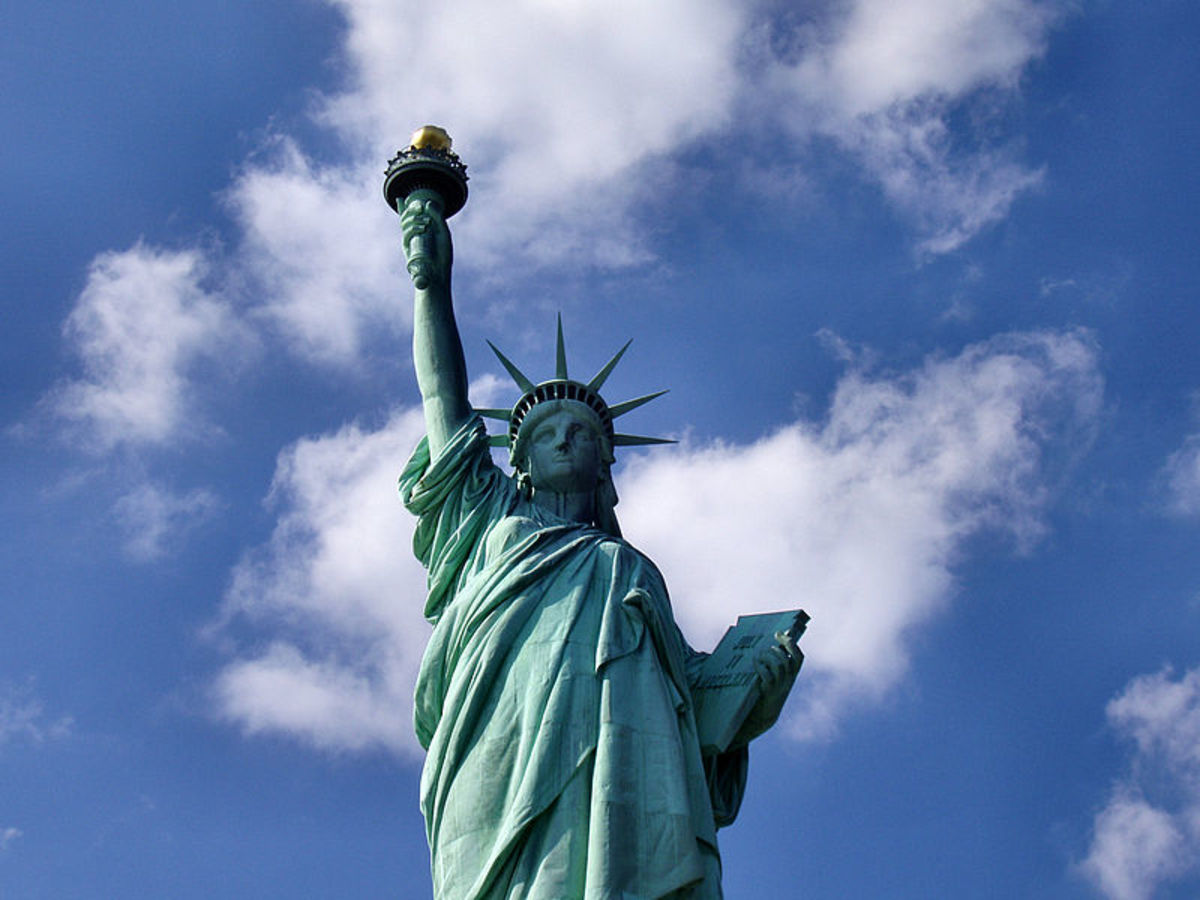How Political Correctness has Eroded our Freedom
Protection of Free Speech Under the First Amendment to the Constitution
Congress shall make no law respecting an establishment of religion, or prohibiting the free exercise thereof; or abridging the FREEDOM OF SPEECH, or of the press; or the right of the people peaceably to assemble, and to petition the Government for redress of grievances.
Kanye and Trump
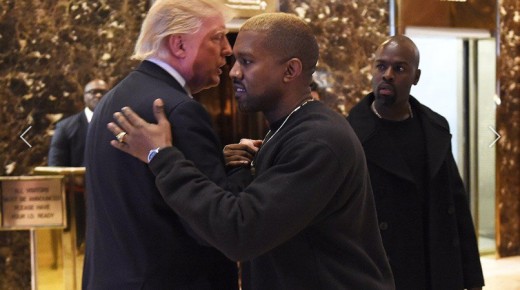
Hip-hop entertainer, Kanye West, has recently had his life threatened because he openly supported President Trump. Noted for his use of profanity and explicit lyrics, West has never been censored or threatened for his use of free speech until he stepped out of the mainstream and into a torrential flood of threats and potential violence.
Remember Trent Lott?
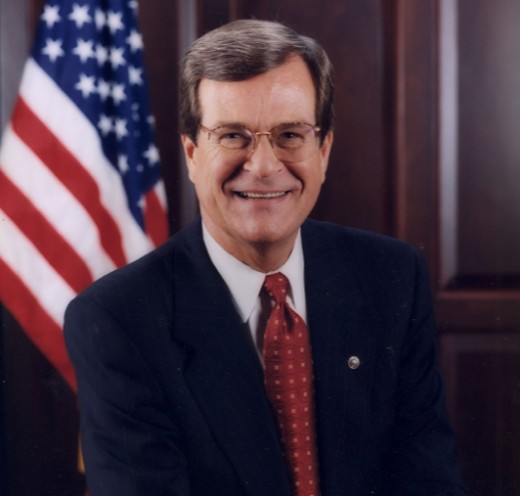
The Establishment of Fear
The impact of the political correctness movement is felt by most, if not all, Americans. The dread of saying the wrong thing, being labeled a racist, bigot, or hate monger has permeated the very fabric of our society and drives an internal fear of speaking our minds. That, in and of itself, should convince the most disagreeable skeptic of the fact that political correctness is a bold violation of the first amendment to the Constitution of the United States of America.
What makes political correctness so sinister as a concept is the way it presents itself; ostensibly as a guardian to the oppressed. Yet, it not only fails to function in that capacity, but is itself an invisible force of oppression and suppression. One example that comes to mind was when Senator Trent Lott gave a speech at Rutgers University in 2002 in honor of Strom Thurmond's 100th birthday. Lott made a remark saying that the country would have done well to have Thurmond as President. (Thurmond had run for the office of President in 1948 on the Democratic ticket.) Reporters, eager to smear Lott, dug up some remarks made by Thurmond over 50 years earlier regarding his favorable stance on segregation. The wiley reporters accused Lott of meaning the country would be better off had it remained segregated. This was a ridiculous allegation, but it stuck. It stuck in part because Lott, instead of firing back at his false accusers began profusely apologizing to every group he could think of so he wouldn't appear racist. Lott wasn't racist. He was just weak in his response. Those accusations coupled with his weak response damaged his career and smeared his legacy. Lott asserted again and again that he wasn't a racist, and how sorry he was if his comments offended anyone. Well, if you didn't say anything wrong why apologize? Simple- fear. Political correctness has the power of the spoken word behind it knowing that negativity is far more likely to have an impact than a compliment. If we wish to turn back the P.C. tide we'll have to do it by addressing false accusations, not caving in when they come by apologizing for things we didn't do. Perhaps it is incidents like this that fuels President Trump's vigorous responses to accusations. He refuses to appear weak or to back down.
Who Does the First Amendment Protect?
It is crucial to understand that freedom of speech applies especially to the one whose views are not mainstream, the one with whom no one else agrees. The person no one likes because he has "weird" or "unpopular" ideas. As long as such individuals are not bringing harm to others they can say whatever they want to say. This isn't as much forgotten in our society as it is ignored. Allow me to provide a very recent example. Now we know there is a sensitivity to certain words, and I think this is a good thing. You will not hear me utter racial epithets or insult people of color either by stereotyping or making racially charged statements. I think most of us are like that. However, I recently saw the film The Black Panther and that film is inundated with racist remarks. So why is it doing so well at the box office? Why are critics and members of the media failing to point out how wrong racism is and how this film is contributing to it? It is because the racist remarks, so plentiful in the film, are directed at white people. I can assure you, if similar remarks were made from white people toward minority members of society there would be a great outcry from the press. Why is that? Because it is safe for them to be brave regarding an issue everyone assents to. It isn't brave to champion a cause that's already been won. No reasonable person thinks it is acceptable to throw racist remarks around in American culture. Oh, plenty of people are accused of it, but that's because the media wants to portray itself as the bold and brave crusader for the little guy. But isn't racism wrong regardless of its source? Isn't it wrong to hurl racist epithets at anyone? Of course it is. I just wish the media realized that. So when I hear the actors in the film The Black Panther referring to caucasions as "colonizers" and "white boy" I take offense, not because it offends me on a personal level, but because it is hypocritical to claim to stand up against racism, but laugh and applaud so long as the racism is directed at people you don't like. For me it is more a matter of principle that one of personal offense. People have the freedom to say dumb things, ignorant things, and obviously, even racist things. The cast of The Black Panther not only got away with it, but received rave reviews. Why aren't more critics, movie reviewers, and members of the media speaking out against the racial overtures in the film? The answer, as you may have guessed, is political correctness. Just about everyone has been successfully cowed into the submissive posture of a moral fetal position. We fear that speaking out against Black Panther will earn us the label of racist. I understand that fear leads to a contraction of moral strength and courage, but it was precisely that contraction that destroyed Trent Lott's career. Why didn't he come out fighting and pointing a finger at the press? Why didn't he say, "Shame on you all for trying to make a racial issue out of something that was nothing more than some kind remarks to an old man." Why didn't Lott say that? He was afraid to. That's my opinion. We must not be afraid. Fear is only making things worse. If/when we are falsely accused of anything, especially racism, resist that accusation vigorously. Your reputation depends upon your measure of resistance and willingness to stand up for the truth.
President Obama's Remarks about his Grandparents
Where was the media when President Obama referred to his grandparents as "typical white people." I ask, what are "typical white people?" I think if I were to make the same remark about any other ethnic group I would be called racist. Why are President Obama's remarks not analyzed with the same level of scrutiny?
"Typical White People" Then Senator Barak Obama
Equality
One of my hero's, Professor J. Rufus Fears, has said that "democracy is, in part, the progression towards greater liberties, and the expansion of rights for all people."
OU Professor: Dr. J. Rufus Fears
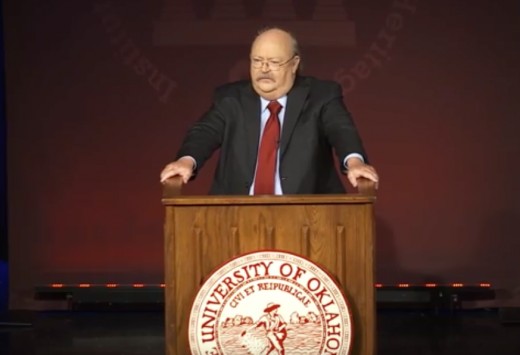
He also said that the expressions of our many freedoms should be "exercised with a judicious concern for the truth." So yes, the freedom of speech permits us to say whatever we wish to say, but with the understanding that we are speaking what is true, at least to the best of our understanding. Was it true when the media asserted that Trent Lott was making racially charged statements when he gave the speech at Strom Thurmond's birthday celebration? There is no way to prove that Lott was actually implying that the country would be better off had it remained segregated. Certain members of the press may suspect Lott's intentions were leaning that way, but suspicion doesn't equal fact. It equals opinion, and unfortunately, accusation alone is enough to damage if not outright destroy reputations, livelihoods, and lives. Today, the ones claiming to be the great protectors of free speech are in fact its greatest transgressors. The injustices perpetrated by the vast media in our country isn't merely a matter of what they say and print, but what they infer, the innuendo, the raising of questions aimed at tearing down it's target.
For example; hip-hop entertainer Kanye West came out in support of President Trump. I've read several articles since wherein Mr. West's sanity is brought into question. Is that "careful, judicious" use of free speech by the press? No, yet if the president uses his right of free speech to repudiate, or even disagree with the press, he is accused of violating the First Amendment.
Mr West has had his life threatened by fellow entertainer, Daz Dillinger. Dillinger has openly called for LA gang, the Crips, to do bodily harm to West for publicly supporting President Trump. Using the foulest language imaginable, Dillinger uses several racial epithets and issues threats of physical violence if not outright murder, depending on how you interpret "f...him up." Free speech for Kanye West could cost him his life. I haven't heard anyone in the media condemn or vilify Dillinger for his actions. The silence of the media is equal to consent in my opinion. Why has the media been silent? I suspect it is because most outlets and members of the press do not like President Trump, therefore anything goes when it comes to him.
You see, it isn't politically correct to publicly state support for President Trump. It isn't acceptable to the press so they tolerate threats of violence and violent outbursts against anyone with whom they disagree. The press claims to expose racial and social injustice. Well, here's an opportunity for them to stand up for both. Kanye West is an African American who has boldly stated his support for an unpopular, as far as the media is concerned, president. Will the press stand up for him? I don't think so. That's the strange, ironic power of political correctness. It subdues and neuters the very ones that perpetuate it.
P.C. Quiz
Is political correctness eroding our freedoms?
© 2018 Leland Johnson

